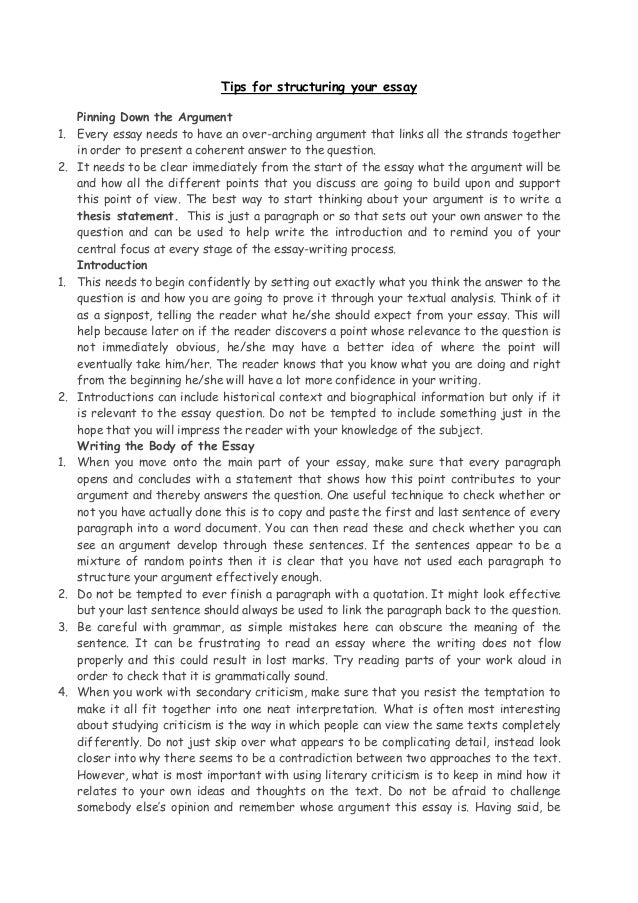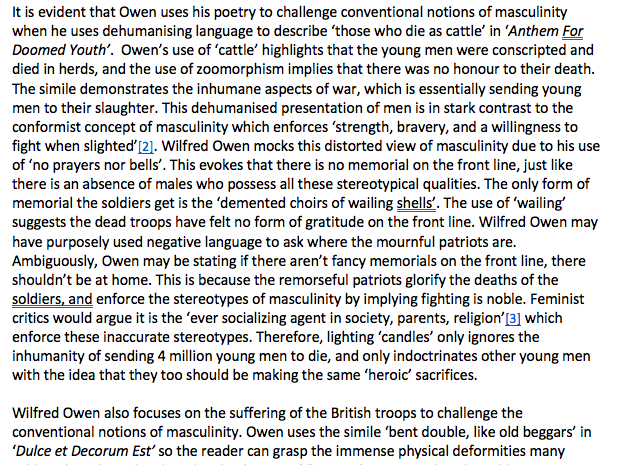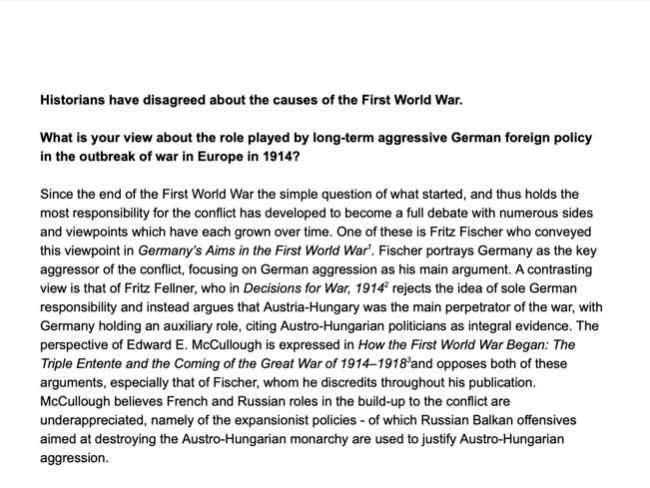If you are not sure how to write coursework, here are a few tips to keep in mind. Remember to keep your topic general rather than too specialized. Goals and objectives may change during the research process. Also, include a plan when writing your coursework. Then, you can write your coursework according to this plan. And finally, don’t write an off-topic article. Following these tips will ensure that your coursework will pass the plagiarism check.
Avoid overgeneralized and overspecialized topics
When writing coursework, it is vital to plan your subject thoroughly. You need to decide which points to include and how you will research them. The structure of coursework will vary depending on your academic level and discipline, so be sure to check official guidelines or consult your immediate supervisor for clarifications. Moreover, do not change the format based on online guides or other information. Overgeneralization and overspecialization can result in poor well-being, which can hinder your pursuit of goals.
In addition to this, you should avoid writing about topics that are too general or too specialized. In writing your coursework, make sure you choose a topic that will be of interest to your reader. In addition, you should write your introduction last. The reason is that you know the content of your coursework before writing the introduction, conclusion, and conclusion. After writing the body of your coursework, make sure to proofread it thoroughly to identify any flaws you might have overlooked during the writing process.
Avoid going off-topic in coursework
Using quotations and information taken from the internet in your coursework is one of the most common mistakes students make. Since most information on the internet today is relevant, students have no excuse for plagiarizing other sources. If you do decide to use quotes or information taken from the web, you must follow citation formats, develop a list of references, and sign a statement stating that the content is your own work. You also need to follow word count requirements, specifying whether or not footnotes are included. Before starting your coursework, make sure the theme is available and if possible, choose a different topic.
Include a plan in your coursework
One of the most important things you can do to ensure your coursework gets excellent grades is to include a plan in your work. Planning is the first step towards achieving your goal and is a key to ensuring you reach it on time. Include a list of sources you’ll use, a daily target of words you’ll be able to complete, and a rough idea of what you’ll write about. Think of a plan like a skeleton for your coursework. To get started, browse coursework samples and help.
To begin your coursework, set a timetable that allows you to allocate certain periods of time to each task. Make sure you schedule time on weekdays, weekends, and holidays. Decide how close your deadline is so that you can schedule work around it. Once you’ve set a timetable, begin researching your topics. Research in the university library is a great way to get started. Use online research tools as well, but remember that many of these resources require paid memberships. Reference books and other materials are much cheaper options.
Avoid going off-topic in your coursework
The most important thing you can do to avoid going off-topic in your coursework is to stay on topic. Many students make the mistake of deviating from their theme in their coursework. It is much better to stick to your original topic and make it shorter by using fewer words. If you must go off-topic, make sure that you always check the themes beforehand. If you have exams that are scheduled during that time, you may want to find another topic.
Include a guide in your coursework
It’s important to include a guide in your coursework to help you follow the rules. Whether you’re composing a report for work, a coursework, or a dissertation, you must know what your instructor expects. Failure to follow the guidelines could cause you to have your coursework disqualified. Plagiarism is another issue to contend with. In today’s society, it’s virtually impossible to avoid it. In addition to following the guidelines, you must ensure that your work is original.
Your coursework must be problem-focused and solution-oriented. You must identify the major challenges and problems facing a given field or industry. Without a proper understanding of the problem, no good solution will be delivered. To improve your chances of earning an A+ grade, include a guide in your coursework. To ensure the quality of your paper, include a questionnaire or survey to gather information. Remember that plagiarism is a serious offense and you will not receive a passing grade unless your content is original.
Outline your coursework
Outline your coursework when writing it. In a research paper, the outline will guide you to a research topic, allowing you to collect information from appropriate sources. The body of your paper is made up of the main points of your research, and the conclusion will present your findings and discuss their implications. When writing your coursework, make sure that your main ideas are arranged in a clear and logical sequence. You may need to research several sources to get a fuller understanding of the topic, but the outline will help you determine what resources to use.
In writing your coursework, you’ll want to plan your content and organize your ideas into a logical order. Most courseworks have a main plot made up of three paragraphs, which allows you to write a keyword in each paragraph. If your paper contains more than three paragraphs, make sure you create a sub-thesis for each paragraph. This will save you time while you’re writing. Lastly, make sure you include a list of sources at the end of your coursework.
Besides figuring out a general subject, you should also figure out the topic or thesis of your coursework. It’s essential to know what your professor expects from you, so you can make sure your work satisfies these expectations. If you’re unsure about the subject, consult your teacher for clarifications. Your teacher will be able to offer you professional guidance on your subject, as well as help you choose a topic that fits your interests.




